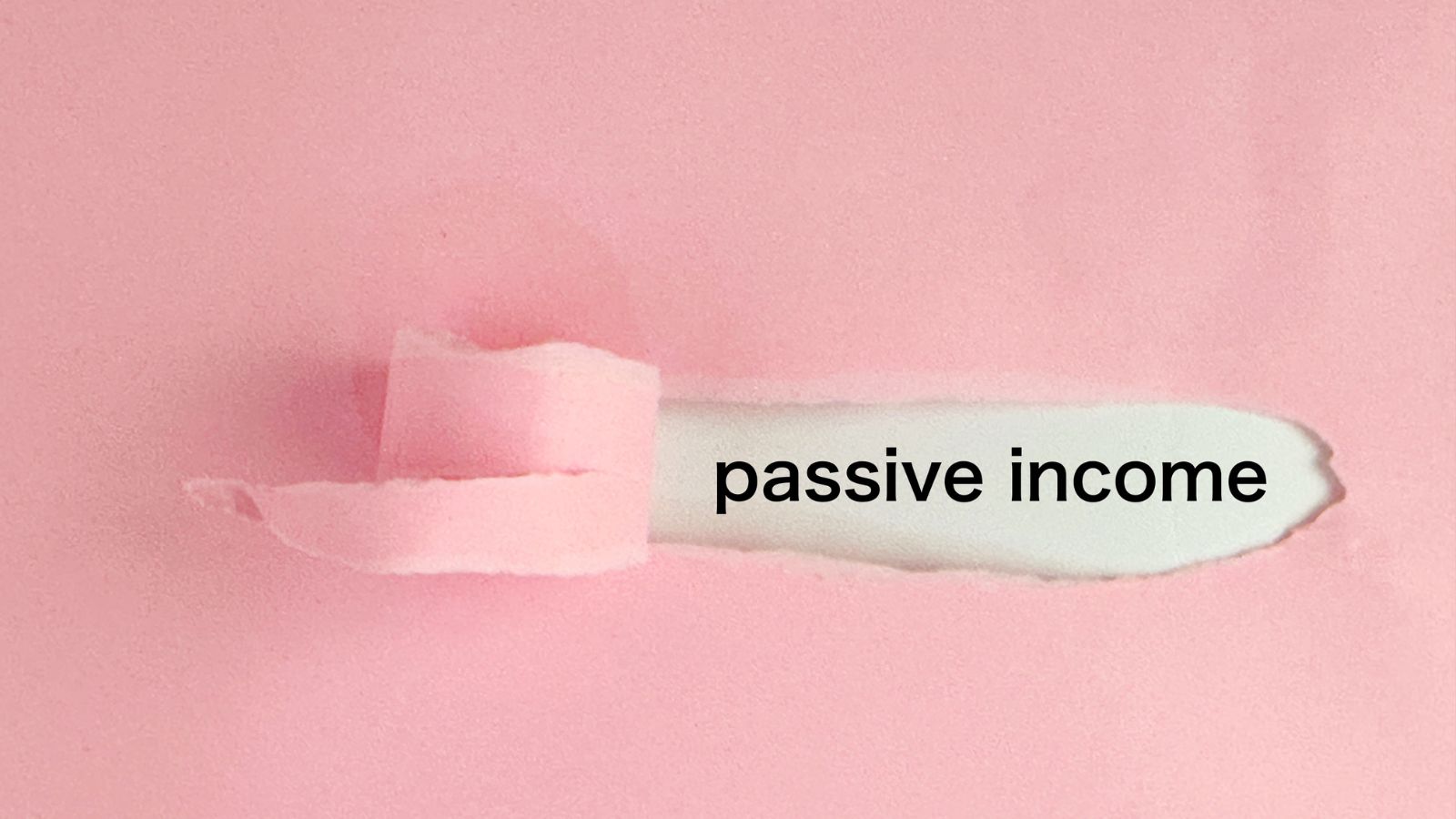Across Canada, retirees who truly “nailed it” didn’t just save but they strategized. Their success isn’t about luxury homes or endless travel. It’s about the quiet comfort of financial stability and the freedom to live life deliberately. These 22 money lessons come from retirees who actually nailed it.
They Treated Time Like Their Most Valuable Asset

Every retiree who thrived saw time as their secret investment partner. They started early, not perfectly. Compound growth turned modest savings into powerful portfolios. They didn’t wait for ideal markets or perfect timing; they automated contributions and ignored noise. Each month, progress built silently. The power of decades outperformed any single decision. Many began with RRSPs and later expanded into TFSAs and diversified ETFs. What mattered most was consistency.
They Lived on 80% of Their Income — Even When They Didn’t Have To

Frugality wasn’t punishment but precision. Many high-income retirees practiced living below their means decades before retiring. They learned early that lifestyle creep kills compounding. They automated savings, limited unnecessary upgrades, and built joy around experiences, not expenses. The discipline of living on 80% made every dollar earn its purpose. This mindset carried into retirement: minimal debt, low stress, high freedom. They still enjoy travel and comfort — but with control, not credit. Their philosophy is simple: save first, then spend the rest guilt-free. The peace that follows is priceless.
They Treated Debt Like an Emergency, Not a Tool

Most successful retirees didn’t see debt as leverage; they saw it as friction. Mortgages were paid early, credit cards cleared monthly, and loans avoided unless strategic. Freedom from interest meant flexibility later. While others financed lifestyles, they financed independence. Paying off homes before 55 gave them psychological dividends no market could match. One retiree from Alberta summed it up: “The best return I ever earned was getting to sleep without owing anyone a cent.” Debt-free living gave them choices — part-time work, travel, or simply time. That’s the true definition of ROI.
They Invested for Income, Not Ego

The smartest retirees didn’t brag about growth stocks — they built portfolios that paid them back. Dividends, REITs, and low-fee ETFs became their retirement engines. Instead of chasing hype, they chased sustainability. Consistent 4–5% yields funded daily life without selling assets. They measured success not by wealth’s size, but by its reliability. They also kept investing simple — no exotic products, no guesswork. They owned what they understood. In retirement, cash flow is king; ego, expensive.
They Made Health Part of Their Financial Plan

Every retiree who thrives financially also invests in their health. Doctor visits, exercise routines, and nutrition aren’t costs — they’re protection. They understand that good health extends financial runway. Several planned extra funds for dental, prescriptions, and travel insurance. One retiree even called his gym membership his “best dividend stock.” It’s true — healthy living reduces healthcare costs and keeps energy high for decades. Money can’t buy youth, but it can fund wellness. The lesson is universal: budget for your body before luxuries.
They Kept Investing Through Every Crash

Panic never built a pension. The retirees who nailed it stayed invested through every downturn — dot-com, 2008, pandemic panic. They saw crashes as clearance sales. Instead of pulling out, they rebalanced. Dividends reinvested at lower prices accelerated recovery. Their emotional control was their true asset class. Markets always recovered; those who stayed, gained. One Nova Scotia couple summed it up: “We didn’t time the market — we gave it time.” Staying calm during chaos made them quietly rich while others panicked poor.
They Saved for Boredom, Not Just Emergencies

Every retiree faces one quiet truth: boredom costs money. Travel, hobbies, grandkids, or volunteering all require budget. Those who planned for “fun funds” stayed financially fit. They created separate savings for joy — guilt-free accounts for golf trips, pottery classes, or spontaneous getaways. It prevented lifestyle guilt and burnout. They knew retirement wasn’t about restriction; it was about rhythm. Money set aside for living well made every routine more rewarding.
They Used TFSAs Like Swiss Army Knives

Canadian retirees swear by TFSAs. They used them for everything — emergency funds, dividend income, or tax-free withdrawals during low-income years. The beauty of TFSAs lies in flexibility. They allow retirees to manage income brackets, avoid clawbacks, and maintain control. Many used them strategically alongside RRIFs to balance taxation. One Ontario retiree called her TFSA “my peace-of-mind pocket.” She didn’t just grow wealth — she protected it from taxes. The secret wasn’t magic returns; it was smart structure.
They Treated Downsizing as an Upgrade, Not a Defeat

Downsizing wasn’t surrender — it was strategy. Many retirees sold family homes, pocketed equity, and simplified life. Less maintenance, fewer bills, more mobility. They viewed it as trading square footage for satisfaction. Smaller homes meant fewer worries and freed capital for experiences or investments. Downsizing redefined comfort — quality over quantity. They proved that less house can mean more home. As one Vancouver retiree put it, “We didn’t lose space — we gained time.”
They Chose Passive Income Over Passive Regret

Retirees who built true financial peace focused on earning while they slept. Rental units, index funds, and covered-call ETFs became their quiet partners. They didn’t chase quick flips; they built systems. Every passive dollar replaced pressure. Some started small — a basement suite or dividend stock — and let compounding handle the rest. Their goal wasn’t extravagance but endurance. They didn’t retire from work; they retired into income. The result? Fewer what-ifs, more weekends that never ended.
They Treated RRSPs Like a Long-Term Partnership, Not a Shortcut

Smart retirees saw RRSPs as a slow, lifelong partnership — not a race. They contributed consistently, reinvested refunds, and resisted the temptation to raid funds early. They diversified holdings and focused on balance — not betting on single sectors or timing the market. Many used RRSP loans strategically, paying them back immediately with tax refunds. When conversion time came, they managed withdrawals with care, avoiding tax spikes and preserving eligibility for benefits. RRSPs rewarded patience, not panic. Retirees who stayed loyal to the plan enjoyed what most chase — steady income and sustainable comfort.
They Knew “Enough” Is a Financial Strategy

The happiest retirees didn’t need endless wealth — they defined enough early. They knew contentment saves more than compounding ever could. Instead of chasing net worth milestones, they aligned money with meaning. They travelled modestly, gave generously, and celebrated security over status. The ability to stop chasing is underrated. One Ontario retiree said, “Knowing when to stop striving was our biggest gain.”
They Budgeted for Generosity, Not Just Groceries

The most fulfilled retirees made giving part of their monthly budgets — whether helping family, funding scholarships, or donating locally. They planned generosity with the same discipline they applied to savings. For them, money’s purpose wasn’t preservation; it was participation. They found joy in impact, not accumulation. Many opened donor-advised funds or used RRIF withdrawals for charitable tax credits. Giving became their legacy strategy.
They Made Financial Advisors Work for Them

Retirees who thrived didn’t surrender their portfolios to advisors — they partnered with them. They asked questions, compared fees, and demanded transparency. They understood that good advice pays dividends, but blind trust drains returns. Many used fee-based planners instead of commission-based sellers. They treated financial literacy as self-defence. Their advisors became educators, not gatekeepers. One retiree shared, “We didn’t hand over control — we handed over tasks.” Knowledge kept them in charge; expertise kept them efficient. That combination built confidence and calm.
They Treated Their Homes Like Assets, Not ATMs

Successful retirees resisted using home equity as a spending tool. They saw property as security, not liquidity. Instead of refinancing or reverse mortgages, they preserved ownership. Many rented out suites or sold strategically, but always with purpose. They viewed home wealth as legacy, not leverage. This discipline ensured stability during market shifts. While others borrowed against rising values, these retirees slept soundly. Real wealth isn’t the house you live in — it’s the freedom it gives you.
They Learned to Love Simplicity Over Strategy

Complex portfolios look smart but often underperform. The happiest retirees owned simplicity. Two or three diversified ETFs, one emergency fund, and a plan that ran itself. They avoided financial gymnastics and focused on behaviour — steady investing, controlled spending, and annual reviews. They didn’t need exotic funds; they needed clarity. Simplicity freed mental energy for living. They trusted math, not mood. The less they tinkered, the more they thrived.
They Treated Inflation as a Permanent Roommate

Veteran retirees never ignored inflation. They baked rising costs into every plan. Grocery prices, taxes, and healthcare don’t pause after 65. They invested in assets that grew faster than inflation — dividends, real estate, and inflation-indexed pensions. They adjusted withdrawals annually, not reactively. Their mindset: plan for higher costs, enjoy if they don’t come. Preparation replaced panic. Inflation didn’t surprise them — they budgeted for its company from day one.
They Turned Hobbies into Income Streams

Some retirees monetized passions effortlessly — woodworking, writing, gardening, or photography. Side gigs kept them purposeful and padded their income. They didn’t chase profit; they followed joy. Workshops, online tutorials, and craft fairs turned skills into social and financial engagement. The money was secondary, but meaningful. The lesson? Retirement doesn’t end your earning potential — it redefines it. These retirees found that curiosity can be profitable and passion is recession-proof.
They Stayed Married to Communication, Not Just Each Other

Financial peace in retirement often came from marital transparency. Couples discussed spending, expectations, and future care openly. Money didn’t divide them; it connected them. They built joint budgets, shared accounts, and mutual respect. Disagreements were handled with planning, not pride. Regular “money check-ins” replaced surprises. This unity gave them resilience during downturns and confidence during upswings. For them, teamwork wasn’t romantic — it was realistic. Love may last; honesty sustains it.
They Planned for Taxes Like They Planned for Travel

Smart retirees didn’t fear taxes — they forecasted them. They timed withdrawals, optimized RRIF conversions, and used pension income splitting. They learned that tax efficiency beats raw returns. Planning withdrawals strategically saved thousands annually. They scheduled tax reviews like vacations — regularly and joyfully. The result? Predictable income, fewer surprises, and sustainable wealth. For them, every dollar saved on taxes was another dollar earned in peace.
They Treated Longevity as a Financial Factor, Not a Bonus

Long life isn’t luck; it’s a liability if unplanned. Successful retirees budgeted for 30+ years post-retirement, not 15. They planned for healthcare inflation, long-term care, and the rising cost of independence. Conservative assumptions gave them generous futures. They didn’t fear outliving their money — their money respected their timeline. Longevity wasn’t a surprise; it was a spreadsheet. That foresight bought decades of comfort.
They Left Instructions, Not Confusion

The final financial gift from thriving retirees? Clarity. They organized wills, insurance, and beneficiary designations early, saving families years of stress. Estate planning wasn’t morbid; it was merciful. They treated legacy as a responsibility, not a reward. Everything was documented, discussed, and distributed. Their peace wasn’t just personal — it was generational.
21 Products Canadians Should Stockpile Before Tariffs Hit

If trade tensions escalate between Canada and the U.S., everyday essentials can suddenly disappear or skyrocket in price. Products like pantry basics and tech must-haves that depend on are deeply tied to cross-border supply chains and are likely to face various kinds of disruptions
21 Products Canadians Should Stockpile Before Tariffs Hit
